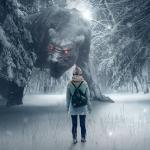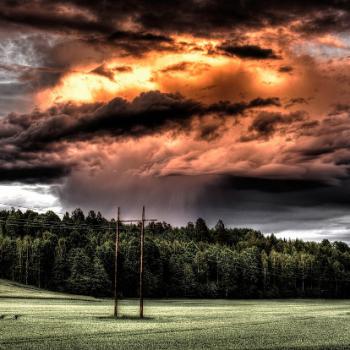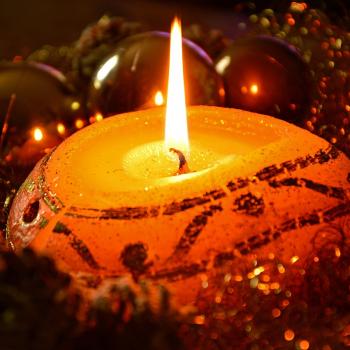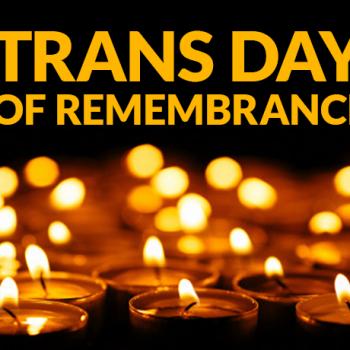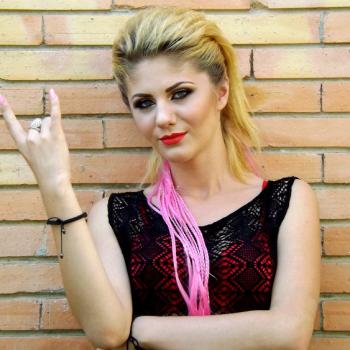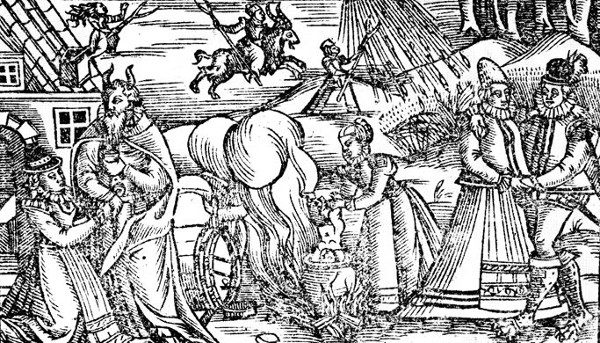
And probably any other individual ever accused of witchcraft during the witch hunts, regardless of whether it was a true or false accusation.
Probably Jacob Crockett too, who was killed in 2014 because he was believed to be a witch. Because unfortunately in this day and age you can still face threats against you, your job, and even your life if you’re suspected of being pagan and/or a witch, and a few will sometimes take that into their own hands with very real and very deadly consequences.
There’s only so much of this you can write off due to “religious zealotry” as if this doesn’t typically harm anyone, as what amounts to toxic Christianity is seeping into the laws of various places throughout the United States including pro-birth, anti-women bills that would lead to the deaths of many women–and will also impact trans men, non-binary people, and some of those who are intersex because they happen to bear a uterus. These laws are typically written in order to subjugate and control women in the name of certain people’s religious views, specifically Christian ones. There are places where it is dangerous to live if you are not male, not white, not straight, and/or not Christian, and this fact isn’t limited to the United States. Beliefs can kill, particularly those beliefs which state that people who are born a certain way do not deserve basic human rights. “Witch hunts” in the metaphorical sense are frequently conducted against those who are women, LGBTQIA+, non-white, non-Christian, non gender conforming, etc. and the violence and danger is quite real.
Isobel Gowdie was one of many, many people targeted during witch hunts over the centuries. Most of whom were targeted were women, but not all. In my own ancestry, there was a mother and a daughter who were accused of witchcraft but thankfully nothing came of it. They were targeted because the mother had inherited a good deal of land from her father. In most circumstances the people accused were chosen due to their perceived status in relation to others. If women stood out or were perceived as having more power than they should have, they were accused of being a witch.
These days, it’s almost fashionable to identify as a witch. It’s a form of privilege to be able to do so, and those who can openly identify as such to their families and employers and not just their friends are both rare and fortunate. It frequently depends on what they do for a living, how their families are in terms of their ideas and beliefs, and where in the country (and in what country) they live in. In other countries it would be legal to discriminate against or even kill them.
Witchcraft is political, period. This is both historically and presently true. It has its very roots in politics, power struggles, societal conflicts between those in power and the marginalized, and those who are desperately trying to even the score. Those who want to be witches, identify as witches, and practice witchcraft are partaking of a long, complicated history of related practices and the perceptions of them. Even the phrase “black magic” has its roots in prejudices against African Traditional Religions and their practices. Witchcraft in any tradition regardless of its origins is not something to adopt as an aesthetic or to be edgy. People have died and are dying. It pays to both learn and respect history and those among the dead who were killed under the suspicion of such, and it’s a slap to their faces to insist that witchcraft has nothing to do with politics. It has always had everything to do with politics, and always will.


